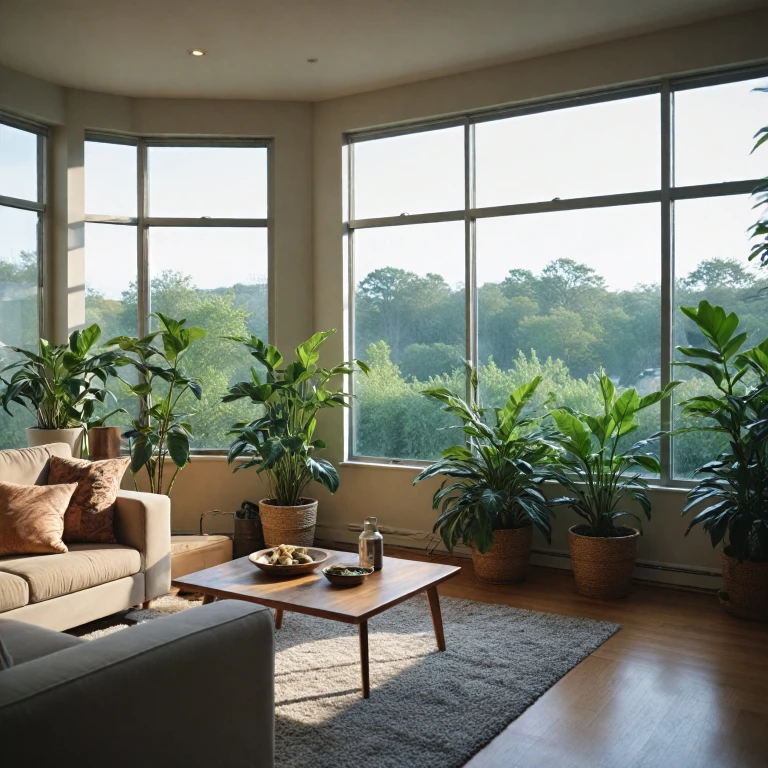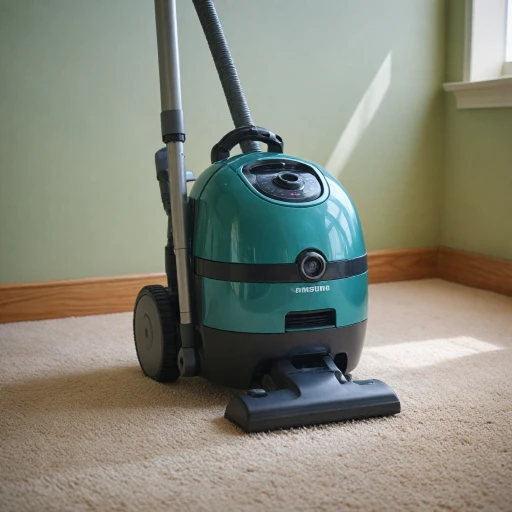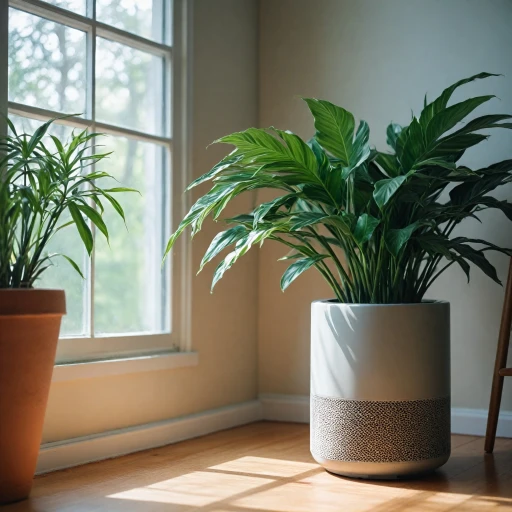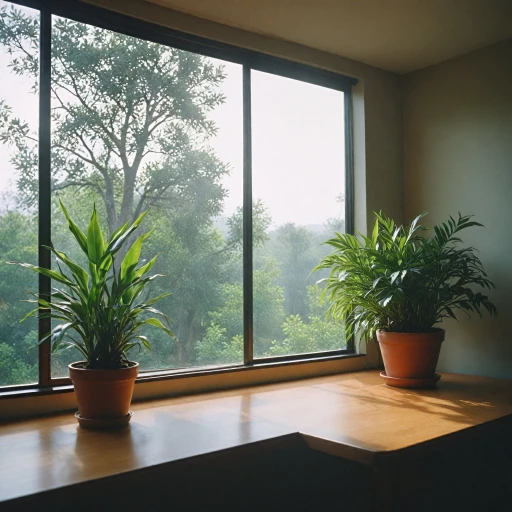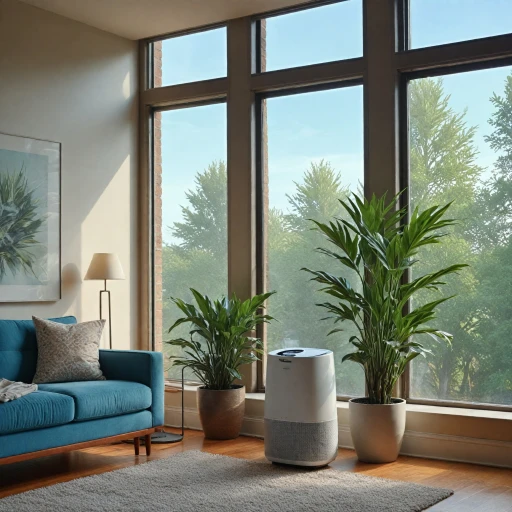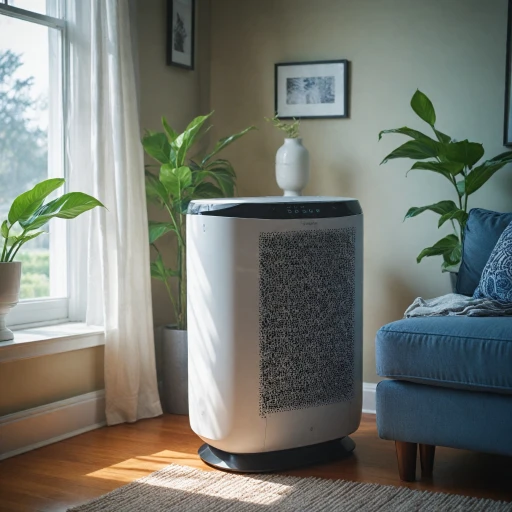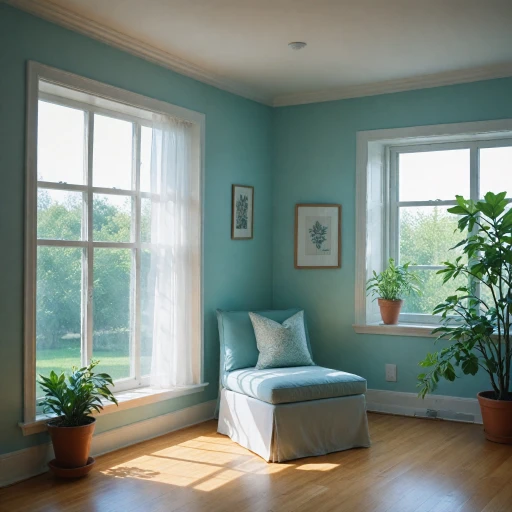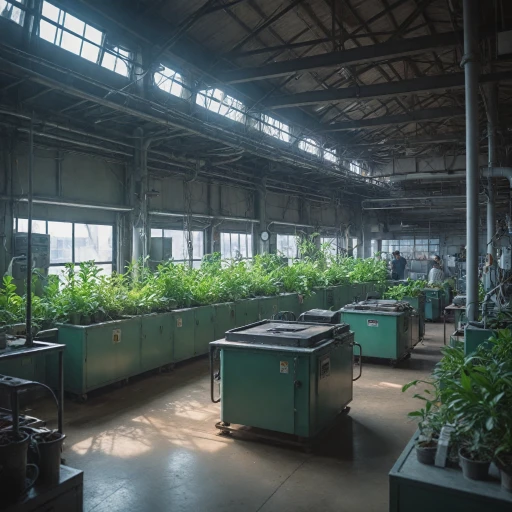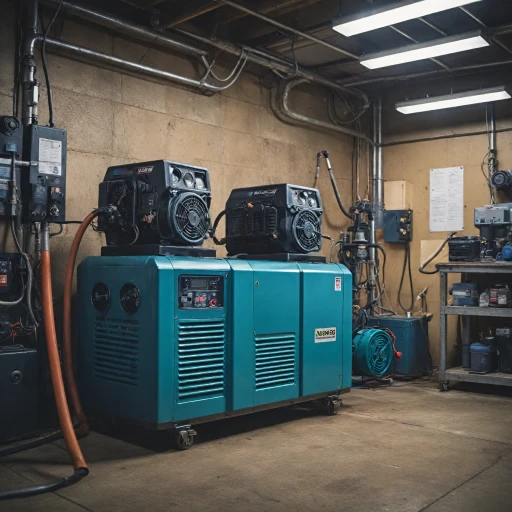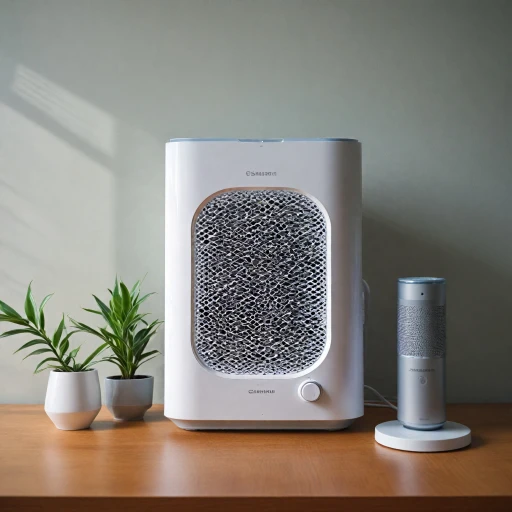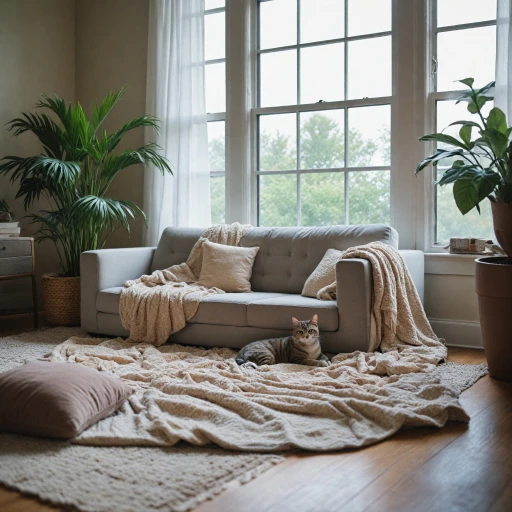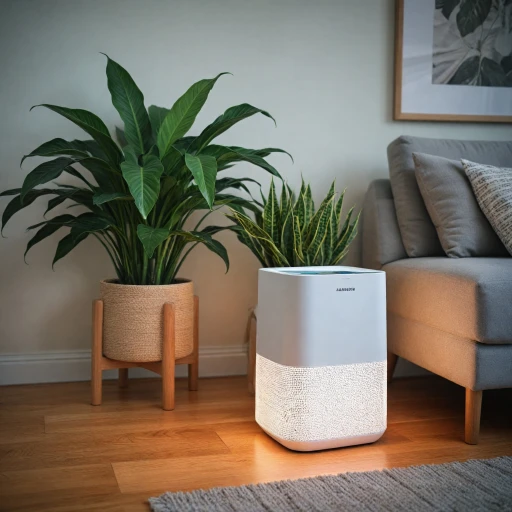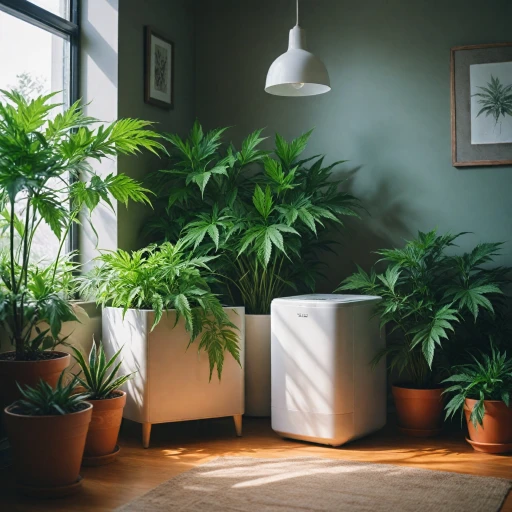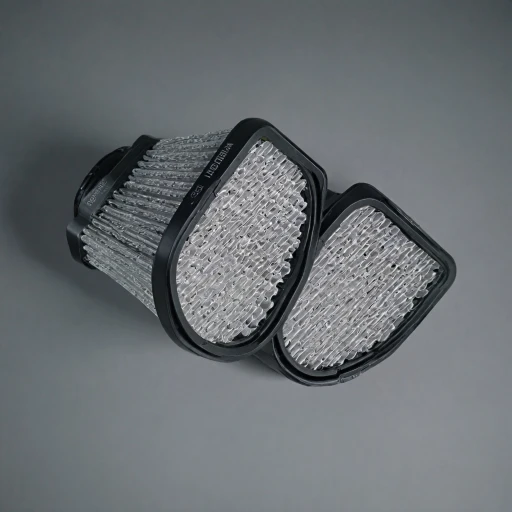
Understanding Whole House HEPA Filters
Exploring Whole House HEPA Filtration Systems
Whole house HEPA filters are a significant innovation in the realm of air purifier systems, designed to enhance indoor air quality across an entire residence. They integrate with a home's HVAC system to provide a thorough air filtration solution. Unlike portable air purifiers, which cater to specific rooms or zones, whole house HEPA units ensure that every corner of your home benefits from cleaner air. This central air approach fosters a healthier living environment by efficiently capturing airborne particles.
HEPA, or High-Efficiency Particulate Air, filters are famous for their ability to trap up to 99.97% of particles as small as 0.3 microns. They are particularly effective against various pollutants, including dust, pollen, mold spores, and pet dander. The extended media filter used in these systems boasts a dense construction that maximizes particle capture while maintaining optimal airflow within the house air system.
Understanding the workings of whole house HEPA filtration involves recognizing its synergy with the existing air conditioning and HVAC systems. Air is drawn through the media filter where fine particles are captured, then circulated back into living spaces. This repetitive cycle ensures that air filters continuously purify the environment.
For individuals seeking a deeper comprehension of how such systems operate within purifiers, examining the role of air amplifiers in air purifiers can provide valuable insights into how these devices manage and enhance air flow for superior performance.
Benefits of Whole House HEPA Filters
The Advantages of Incorporating a Whole House HEPA Filter
Integrating a whole house HEPA filter into your HVAC system can significantly boost your home's air quality by efficiently removing particles and other pollutants. Unlike portable air purifiers, a centrally installed HEPA filter covers the entire house, ensuring clean and healthy air in every room. Here are some of the notable benefits:- Comprehensive Filtration: A whole house HEPA filter works seamlessly with your existing HVAC system to provide broad filtration services throughout your home. This ensures that all circulated air passes through the HEPA media, trapping particles down to microscopic sizes, including dust, pollen, and even some bacteria.
- Reduced Allergens: By capturing airborne particles effectively, these filters help minimize allergens, which is particularly beneficial for individuals suffering from allergies or respiratory conditions.
- Consistent Air Quality: As opposed to portable units that target specific areas, a whole house filter maintains consistent air purification irrespective of the location within the house, leading to a more balanced air quality.
- Increased HVAC Efficiency: While maintaining clean air, a HEPA filtration system can help your HVAC system run more efficiently. By preventing particle buildup within your HVAC system, it reduces strain and potentially prolongs the system's lifespan.
- Cost Effectiveness: Although the initial cost might be higher compared to portable purifiers, a whole house system may prove more cost-effective over time. It minimizes the need for multiple portable units, reduces maintenance costs, and may even enable savings on medical bills by promoting better health.
Installation Considerations
Key Considerations for Installing a Whole House HEPA System
When you're ready to integrate a whole house HEPA filter into your living space, there are several important factors to ponder. A successfully installed system not only boosts indoor air quality but also works seamlessly with your existing infrastructure.
First and foremost, evaluate your current HVAC system. A whole house HEPA filter needs to be compatible with your existing HVAC air filtration setup. Some systems might need adjustments or modifications to accommodate the added media filters. It's critical to consult with a professional contractor to assess your HVAC and determine if any modifications are necessary.
Once compatibility is confirmed, deciding on the appropriate model is essential. This decision will often be influenced by the size of the house, the number of floor levels, and the specific air conditioning needs of your household. Some homeowners might find electronic filters more efficient, whereas others prefer extended media systems.
Installation is ideally carried out by a licensed technician who specializes in air filtration systems. They have the requisite skills to seamlessly integrate the HEPA purifier into the HVAC system without compromising the efficiency of the central air unit. During installation, professionals ensure that all ducts are sealed to prevent air leaks that can reduce the system's overall performance.
Overall, proper installation is crucial to harness the full benefits of a whole air purification system, ensuring a healthy living environment by trapping particles that would otherwise circulate. Investing in professional services can prevent future issues and ensure the system operates at peak efficiency, maintaining healthy indoor air quality throughout your home.
Maintenance and Care
Ensuring Optimal Performance and Longevity
Maintaining your whole house HEPA filter system is essential to ensuring that it consistently delivers clean, healthy air. Proper care not only enhances the efficiency of your air filtration system but also extends the life of the HEPA filters and overall system components. Here's what you need to consider:- Regular Inspection and Cleaning: Periodically inspect your HEPA filter and other parts of the HVAC system for any signs of dust buildup or damage. While HEPA filters effectively capture microscopic particles, accumulated dust in other parts can impede airflow efficiency. Regular cleaning of the extended media and electronic filters helps maintain optimal performance.
- Filter Replacement Schedule: It's crucial to replace your HEPA filters according to the manufacturer's recommendations, which typically suggests replacement every 6 to 12 months depending on usage and environmental conditions. Failing to replace filters can reduce air quality and strain the filtration system, potentially leading to higher energy costs.
- Professional Maintenance Services: Engage professional HVAC services for routine check-ups and maintenance. Experts can perform thorough inspections, identify any potential issues, and ensure that all components, including air conditioners and central air units, are functioning correctly. Their expertise can prevent costly repairs and ensure continuous high-quality air filtration.
- Adjusting System Settings: Depending on seasonal changes and air quality needs, adjust the settings of your HVAC system to optimize performance. During seasons with high pollen counts, for example, your filtration system may need to run more frequently to effectively manage outdoor air pollutants.

